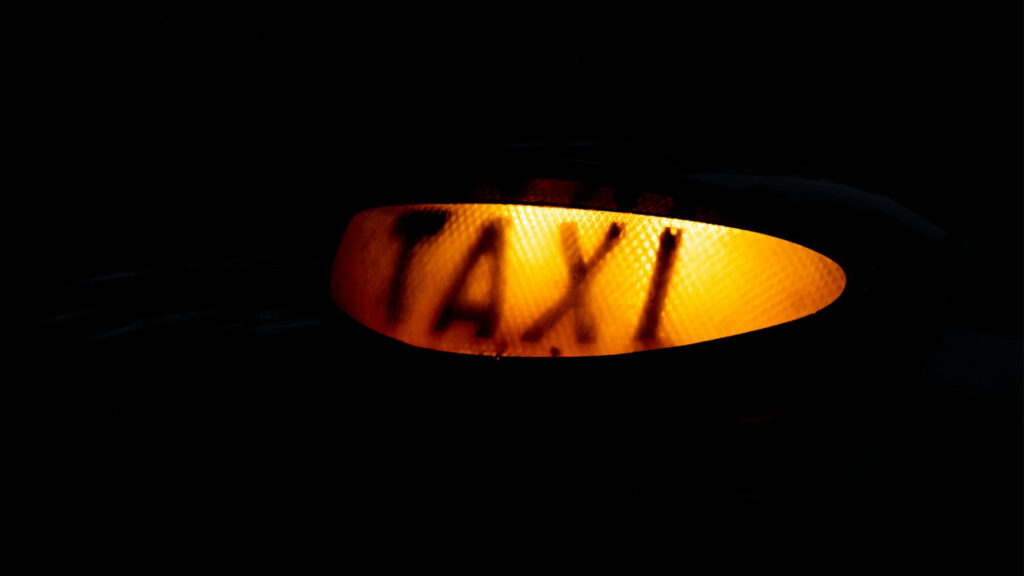We’ve worked with Veezu for over 10 years. Its co-founder and CEO, Nathan Bowles, is a friend of Capital Law and in 2018, our Head of Employment Team and Partner, Nia Cooper, took up the role of Chief Legal Officer there. It has seen a rapid expansion in that time and is now the largest multi-region private hire vehicle operator outside London, employing over 550 people, partnering with over 16,000 self-employed drivers and serving more than 3 million unique passengers.
In 2022, we were instructed by Veezu to help intervene in a claim brought by Uber against Sefton Borough Council. Stephen Meade and Joseph Hill worked with me on this. The case turned on the interpretation of Part II of the Local Government (Miscellaneous Provisions) Act 1976 (the “Act”), which governs the licensing of private hire vehicles in England and Wales, apart from in London and Plymouth, which applies different laws.
In London, the equivalent legislation (the Private Hire Vehicles (London) Act 1998), has recently been interpreted by the Court to require licensed operators to enter into a contract with a passenger that books with them. That position differs from how private hire operators work under the Act, as the licensed operator is only deemed to enter into a contract with a passenger that books with them – ie. there is no ‘real world’ contract. This has allowed private hire operators outside of London (such as Veezu) to work under an agency model (ie. where the operator acts as an agent for the driver in accepting a contractual obligation to the passenger/hirer, but is not the principal to that contract).
Uber sought to regularise the position between London and the rest of England & Wales. In November 2022, it asked the High Court to declare that under the Act, “a licensed operator who accepts a booking from a passenger is required to enter as principal into a contractual obligation with the passenger to provide the journey which is the subject of the booking” – ie. the operator needed to enter into a real-world contract (as principal) with the passenger.
Veezu recognised that the declaration would have a profound impact on its business model, and the business model of other, similar, private hire operators, as it would eliminate the agency model within which they operate. They would also be required to charge VAT on all passenger journeys arranged (and reorganise their internal systems in order to allow for VAT to be charged), and to reassess and revise the contracts in place with their driver partners. This would come at a huge cost – one which Uber (as part of a global group of service operators) would have been in a much better position to absorb and, no doubt, have given it the competitive advantage as a result. The ramifications would have also extended to:
- Licensing authorities, as well as continuing to regulate vehicles, drivers, and operators, they would have to regulate contracts between operators and passengers
- Drivers, they would have to accept that the fare income they generate would no longer belong to them, but to the private hire operator, which would then pay the driver for the sub-contracted service (following deduction of VAT), whilst also suffering from a decrease in the market arising as a result of the increase in fares and
- Passengers, they would be required to pay an additional 20% on any journeys they wish to make.
Despite this, in July 2023 the High Court decided to make the declaration sought by Uber, which Veezu, and another large private hire operator, Delta (D.E.L.T.A. Merseyside Limited), immediately sought to appeal.
The intervening period between the High Court decision and the appeal was one of uncertainty, with local authorities being unsure whether or not to enforce the declaration. HMRC also launched a public consultation on the tax impact of the High Court’s declaration.
The Appeal
Within 6 days of the appeal being heard by the Court of Appeal, it had made its decision: the High Court was wrong to make the declaration sought by Uber. The position now reverts back to the status quo.
For those interested in the legal technicalities, the key reasons for the Court of Appeal’s decision (based on arguments made by Veezu and Delta) were that:
- The wording of the declaration – “a licensed operator who accepts a booking from a passenger” – incorrectly limits the declaration to bookings made by the intended passenger. Veezu successfully contested that operators frequently accept bookings from those who are not the intended passengers. The declaration assumes that the booking is made by “the passenger”, and that the contract is one “to provide the journey”, which is not necessarily the case
- The wording of the declaration – “In order to operate lawfully… a licensed operator… is required” – implies that a failure of the operator to enter into a contract would result in a criminal offence, despite there being no statutory provision creating such an offence
- An operator’s acceptance of a booking for a private hire vehicle is not the same as a contract for the hire of that vehicle. Contracts for the journey are often formed between the passenger and the driver, without the involvement of the operator and,
- Passenger safety is ensured in knowing the licensing authority periodically inspect the suitability of the vehicle and the fitness and competence of the driver, which can be further ensured by a licensing authority attaching a suitable condition to an operator’s licence; a contract between operator and passenger provides no further protection that that which can already be provided.
Here is a link to the full judgment: https://caselaw.nationalarchives.gov.uk/ewca/civ/2024/802




